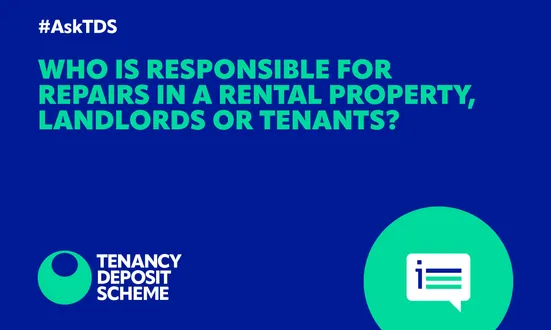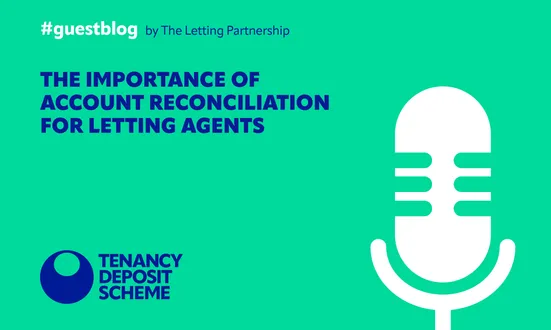In this week’s #AskTDS, we answer a landlord’s question: “Does the deposit cover unpaid utility bills if my tenant does not pay them?”
In general terms, the landlord must show that they have suffered a loss in order to claim from the tenancy deposit. If the utilities are not paid, it doesn’t always mean that the landlord has suffered a financial loss. If prepared correctly, the utility accounts and any resulting debts would remain the responsibility of the tenant, not the landlord.
Utilities
If the landlord and tenant agree that the tenant is responsible for the utilities, they should ensure that the tenancy agreement clearly outlines what these responsibilities are. The tenancy agreement should reflect the obligation for the tenant to transfer the utility accounts into their name and clearly explain the tenant’s responsibility to pay the utility bills. If, at the end of the tenancy, the tenant fails to pay the utility bills, it will remain the tenant’s responsibility to settle these debts.
In some cases, the tenant may vacate the property early and notify the utility provider of the date they vacated and not the date the tenancy ended. In this instance, it is common for the utility provider to request a copy of the tenancy agreement to verify the end date of the tenancy and therefore confirm the tenant’s responsibility.
Council Tax
There are some instances where additional consideration may be required. For example, when outlining the tenant’s responsibility in relation to council tax, it is worth checking if there are any additional requirements presented by the local authority in relation to the payment of council tax or payment during void periods. Each local authority has different regulations regarding this. You may need to adapt the utility responsibility clauses in your tenancy agreement in line with these regulations to ensure that there is no confusion.
Water
Additional considerations may also be required when dealing with water services. Again, responsibility may differ in different regions and in some cases the water board may make it the landlord’s responsibility to notify the transfer of name and not the tenant. If this is the case, it would be advised to ensure your tenancy agreement suitably reflects these requirements and that you, as a landlord are aware of your responsibilities.
Communal Utilities
Service and block management charges are another common cause of uncertainty. Your tenancy agreement is a key document to outline responsibility in this area. However, it is also worth ensuring that you are also fully aware of what these charges cover and who the responsible party ultimately is for their payment. In new build developments, you may also need to ensure that the meters/charges are being correctly directed to the right premises.
You may want to consider seeking legal advice to ensure your tenancy agreement is suitable in instances such as this.
Case Studies
There are several real-life case studies relating to bills available to view in our dedicated help centre.
For more landlord tips, please view our landlord FAQ page.
About TDS
The Tenancy Deposit Scheme is part of The Dispute Service (TDS), the largest tenancy deposit protection (by value) and resolution service provider in the UK making life easier for tens of thousands of agents, landlords, developers, and millions of tenants and homebuyers.
Our award-winning customer service is highly rated on both Trustpilot and Google, and we’re backed by the NRLA.
We offer free deposit protection in our Custodial scheme, and the lowest rates for landlords in our Insured scheme.

Other news stories


